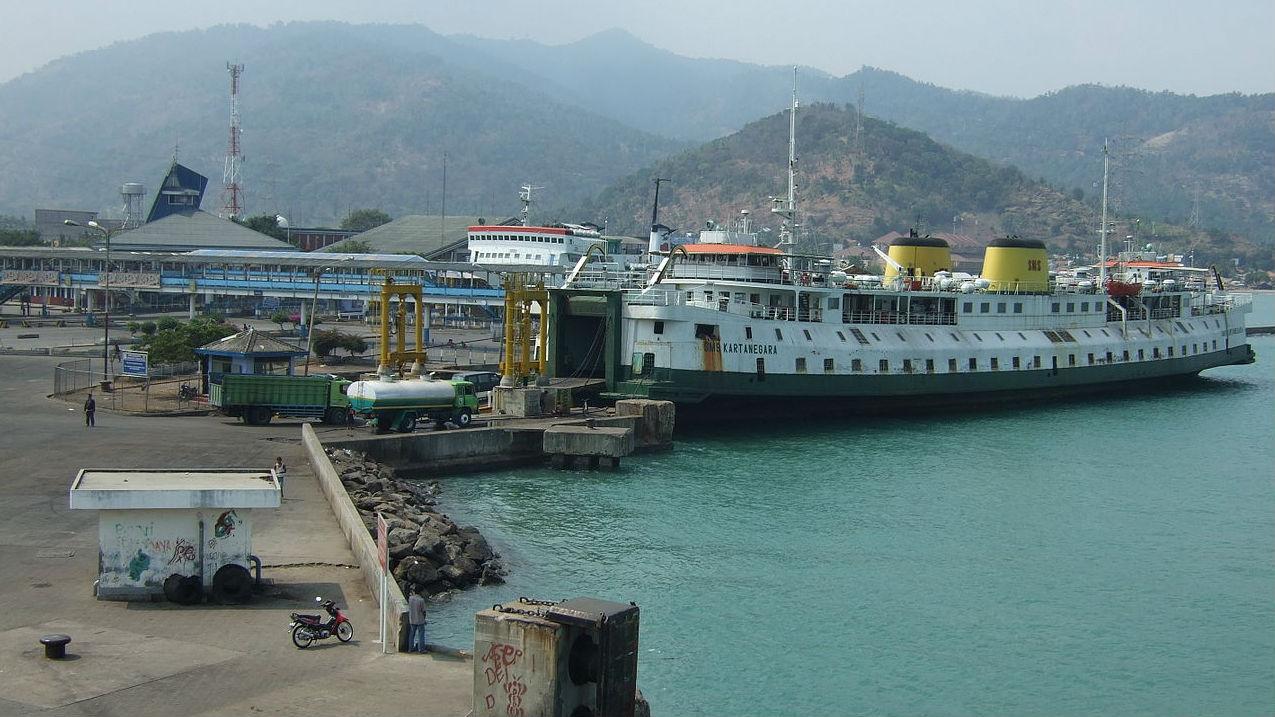Indonesia Starts Five Port Projects

Indonesia’s state-owned port operator PT Pelabuhan Indonesia (Pelindo 1) will start five port expansion projects this year.
According to The Jakarta Post, the five ports involved are Malahayati Port, Belawan Port,
Kuala Tanjung Port, Dumai Port and Batam Port.
With investments of US$1.2 billion, North Sumatra’s Kuala Tanjung Port will become one of the world’s largest ports, according to Pelindo I.
In 2014, Pelindo 1 established the subsidiary PT Prima Multi Terminal to run the Kuala Tanjung port development project. The first phase of expansion is expected to take three years and will include construction of a bulk liquids terminal and multi-purpose terminal. The facilities are expected to be able to handle a total capacity of 3.5 million tons of palm oil, 4,000teu of cargo and one million tons of dry bulk. The port will be integrated with a 1,000ha industrial area.
Pelindo I president director Bambang Eka Cahyana said the port could become a transit hub for shipments of palm oil and aluminum to Europe. He believes its strategic location could even see it competing with Singapore. “Once the port has been fully developed, then many large ships heading to Europe can transit via Kuala Tanjung Port instead of via Singapore,” local media report Bambang as saying.
“Singapore has disadvantages in natural resources, but it has built up industrial clusters, so there’s no reason why Indonesia can’t do the same thing,” said Roger Clasquin, the managing director of the Port of Rotterdam, Pelindo 1’s advisor for the project.
The port expansion projects are part of Indonesian President Jokowi’s plan to develop 24 ports in the nation. The Indonesian Transportation Ministry has authorized state-owned companies to develop 15 commercial ports in 2015 while the ministry focuses on developing non-commercial ports in remote areas.
The Indonesian government is aiming to cut logistics costs from 24 to 19 percent of the nation’s total gross domestic product through infrastructure projects.
